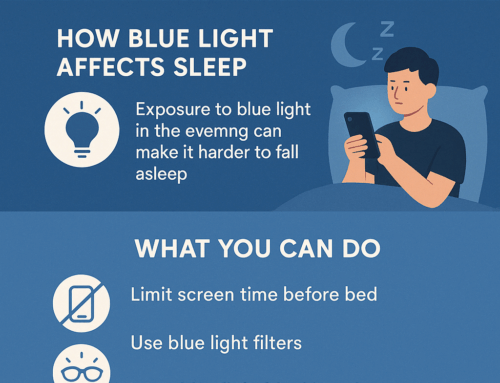Mental health challenges such as anxiety, depression, and stress are becoming increasingly common. While therapy and medication are often the first lines of treatment, there is a growing body of evidence supporting the role of exercise in promoting mental health. Physical activity is not only beneficial for our bodies but also has profound positive effects on our minds. Exercise and Activity are Vital for Mental Health. Let’s explore how exercise can improve mental health and why it should be integral to our daily routine.
The Science Behind Exercise and Mental Health
- Endorphin Release: Exercise stimulates the release of endorphins, often called “feel-good” hormones. These natural chemicals help to enhance mood, reduce pain perception, and induce feelings of euphoria, usually known as the “runner’s high.”
- Neurotransmitter Regulation: Physical activity helps regulate neurotransmitters like serotonin, GABA, and dopamine, which play a crucial role in mood regulation. Increased levels of these neurotransmitters can lead to improved mood and reduced symptoms of depression and anxiety.
- Brain-Derived Neurotrophic Factor (BDNF): Exercise promotes the production of BDNF, a protein that supports the growth and survival of neurons. Higher levels of BDNF are associated with improved cognitive function, memory, and overall brain health.
- Stress Reduction: Engaging in physical activity reduces stress hormones like cortisol. Lower cortisol levels help mitigate the adverse effects of chronic stress on the body and mind.
Mental Health Benefits of Exercise
- Reduces Anxiety and Depression: Regular exercise has been shown to reduce symptoms of anxiety and depression. It provides a natural and effective way to manage these conditions, often with fewer side effects than medication.
- Improves Mood and Emotional Well-Being: Exercise is a powerful mood booster. Even short bouts of physical activity can lead to noticeable improvements in mood and emotional well-being, making it an excellent tool for combating daily stressors.
- Enhances Cognitive Function: Physical activity improves blood flow to the brain, promoting better cognitive function and memory. Regular exercise has been linked to a lower risk of cognitive decline and neurodegenerative diseases like Alzheimer’s.
- Boosts Self-Esteem and Confidence: Achieving fitness goals, whether small or large, can significantly boost self-esteem and confidence. Exercise also helps improve body image, which can positively impact mental health.
- Promotes Better Sleep: Regular physical activity can help regulate sleep patterns, leading to better quality sleep. Good sleep is essential for mental health, allowing the brain to rest and repair.
- Provides a Sense of Accomplishment: Setting and achieving fitness goals provides a sense of accomplishment and purpose. This can be particularly beneficial for individuals struggling with depression or low motivation.
How to Incorporate Exercise into Your Routine
- Start Small: If you’re new to exercise, start with small, manageable goals. Even a 10-minute walk can make a difference. Gradually increase the duration and intensity of your workouts as you become more comfortable.
- Find Activities You Enjoy: Choose activities that you genuinely enjoy. Whether it’s dancing, swimming, cycling, or yoga, finding something you love will make it easier to stick with it.
- Make it Social: Exercising with friends or joining a group class can make physical activity more enjoyable and provide additional social benefits, which are also crucial for mental health.
- Set Realistic Goals: Set realistic and achievable goals that align with your fitness level and lifestyle. Celebrate your progress, no matter how small, to stay motivated.
- Incorporate Variety: Mixing different types of exercises can keep your routine interesting and prevent boredom. It also ensures that you work different muscle groups and get a well-rounded workout.
- Prioritize Consistency: Consistency is critical. Aim to incorporate physical activity into your daily routine, even if it’s just a short walk during your lunch break.
Conclusion
Exercise is a powerful, natural tool for improving mental health. Its benefits extend beyond physical fitness, positively impacting mood, cognitive function, and overall emotional well-being. By making exercise a regular part of our lives, we can enhance our mental health, reduce stress, and improve our quality of life. Whether you’re a seasoned athlete or just starting your fitness journey, remember that every bit of movement counts and can lead to significant mental health benefits. So, lace up those sneakers, find an activity you love, and take a step towards better mental health today.
Supplements like vitamin D can also be a huge help in overcoming mental health challenges. View our post on Vitamin D.







Leave A Comment